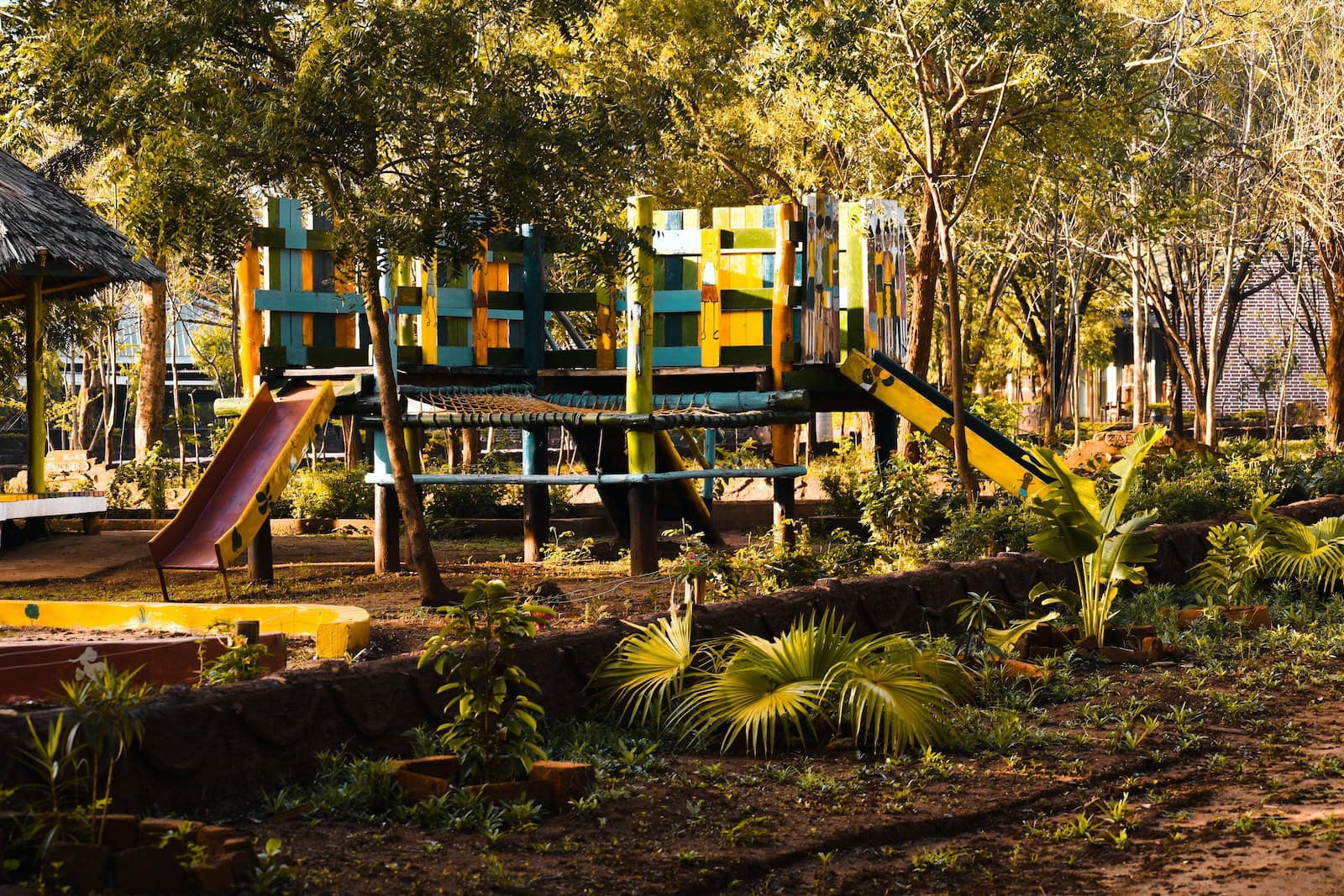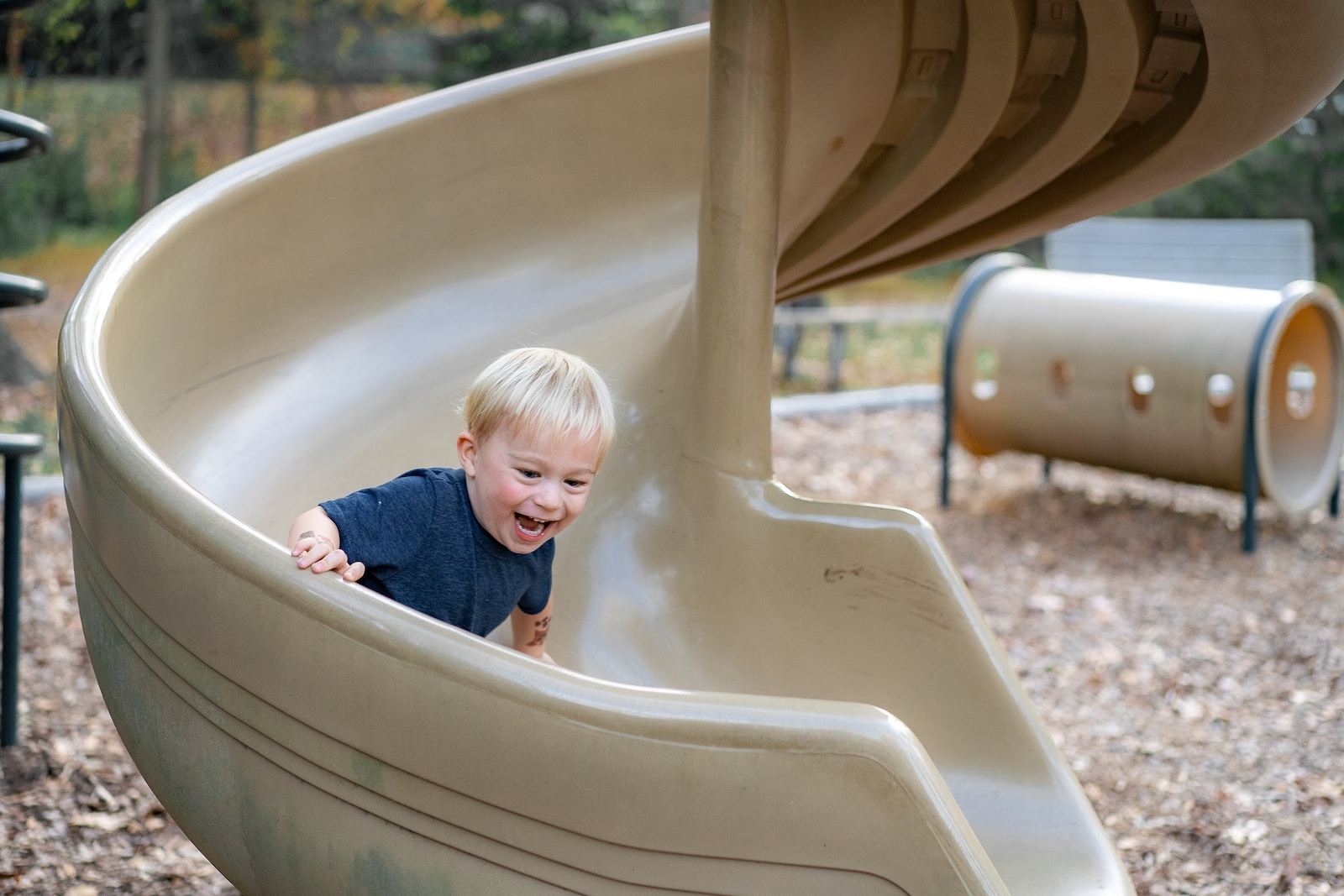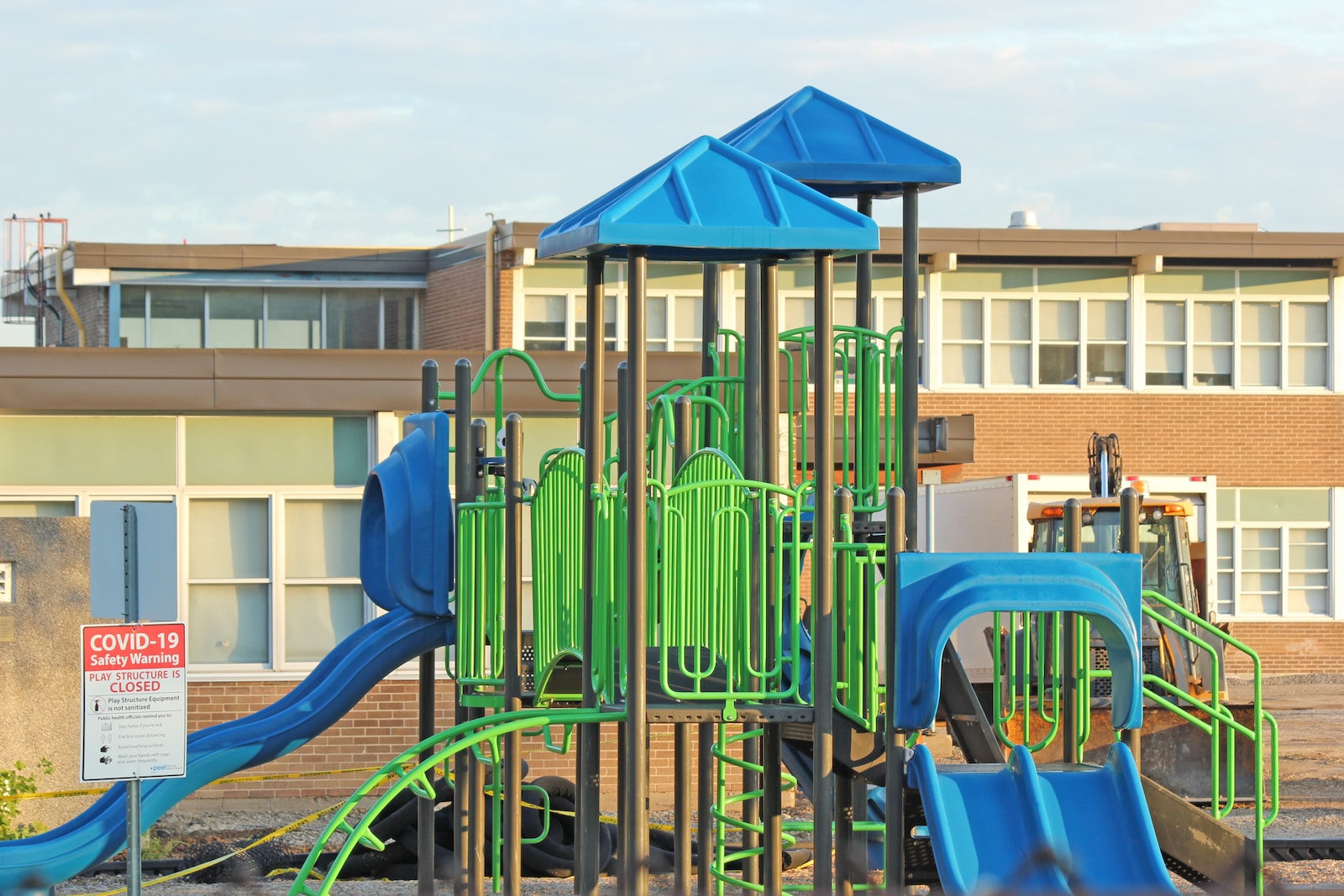Abstract
Children’s engagement in free-time activities is a significant aspect of their lives. Their attitudes and play preferences are influenced by their sociocultural environment and parental background, which are often intertwined with gender stereotypes. This can have negative social effects, including social exclusion, aggression, or social withdrawal. Risk-taking patterns in play can also be affected by gender stereotypes, which may result in hostile attitudes directed against individuals. This study examined how gender-neutral and natural play environments can impact early childhood gender-related behaviors by analyzing individual and group play attitudes through behavioral mapping, observation checklists, and interviews. The study specifically focuses on the design of public playgrounds in İzmir, Turkey, aiming to eliminate negative gender-related behaviors through a collaborative design process. The findings highlight that the attitudes of both children and parents are influenced by the layout of the playground and equipment, offering valuable insights for researchers, educators, and playground designers.
Journal: Journal of Design and Built Environment
Year: 2023



